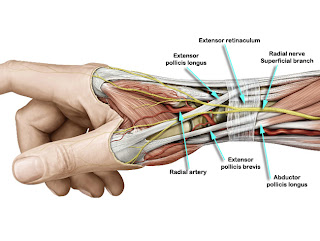High protein diet on weight loss:
Amid speculations of enhanced solute load associated with high protein diet that may further compromise nephrological status of the obese; still high quality RCTs compel us to look into such diet protocols comprising of high-protein diet. Meckling KA et al (2007) examined the effects of 3:1 and 1:1 carbohydrate to protein ratios, hypocaloric diets with and without exercise, and risk factors associated with the Metabolic Syndrome in overweight and obese Canadian women. Habitual diets of the subjects were energy restricted and were to contain either a 1:1 or 3:1 ratio of carbohydrate to protein energy. Subjects either exercised 3 times/week or maintained their normal level of activity for 12 weeks. The main outcome measures were weight loss, blood lipids, blood pressure, insulin, body composition, nitrogen balance, fitness, and resting energy expenditure. They concluded high-protein diet was superior to a low-fat, high-carbohydrate diet either alone or when combined with an aerobic/resistance-training program in promoting weight loss and nitrogen balance, while similarly improving body composition and risk factors for the Metabolic Syndrome in overweight and obese Canadian women.


Comments
Post a Comment